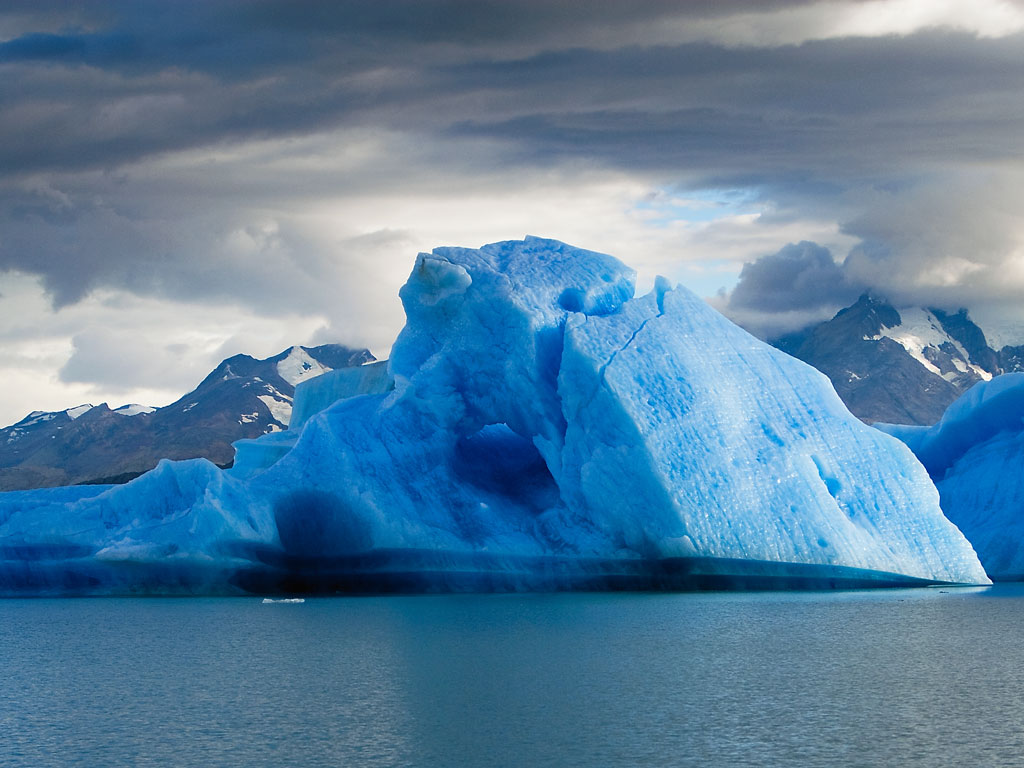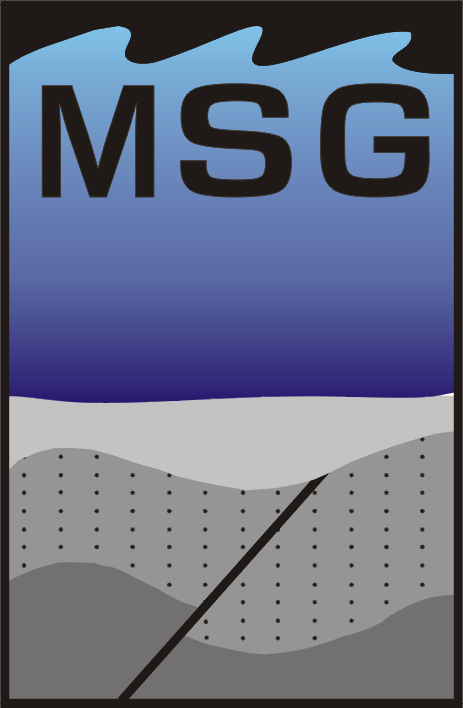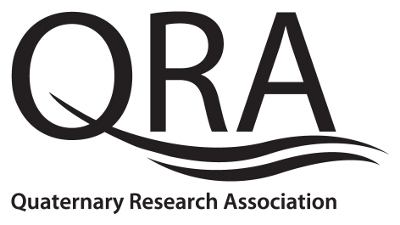 | Credit: longhorndave of Flickr |
Heinrich Events: Land, Ice and Ocean
2012 Workshop, Southampton
 |  |
| Workshop Venue: | National Oceanography Centre, Southampton, UK |
| Workshop Dates: | 18th-19th June 2012 |
| Organisers: | Dr. Jennifer D. Stanford (Geography and Environment, University of Southampton) Dr. I Bailey (Ocean and Earth Science, University of Southampton) |
Introduction
Stanford et al. (2011) combined evidence for deep and surface water changes in the North Atlantic with the timings of climatic events in terrestrial records, after having carefully recalibrated all radiocarbon dates using the most up-to-date calibration curve. The results showed that Heinrich event 1 had duration of at least 3000 years when the full composite signal was considered and that the freshwater delivery, at depth, into the Nordic Seas was fundamental in controlling the rate of deep water flow, and hence also North Atlantic/Northern Hemisphere climate. Until recently, there have been few attempts to fully combine the previously accrued knowledge on Heinrich events from multiple related disciplines (e.g., palaeoecology, glaciology, palaeoceanography, modern oceanography and climate modelling). It is likely that such a multidisciplinary approach is what is required for unravelling the enigma that is the mechanism behind, and forcings of, these extreme and abrupt events. The resulting cumulative understanding would ultimately reveal clues as to how far and fast the natural climate system is able to respond to such large and/or abrupt forcings or triggers, providing a test-bed for ocean-climate models.
Workshop mission statement
Four key questions have been identified:
1. Were all Heinrich events the same?
2. How do we define a Heinrich event and do we consider the transient?
3. How fast can ice-sheets respond?
4. How fast can feedbacks respond and where is the 'tipping point'?
While these questions in themselves could be considered basic, a multidisciplinary perspective has not yet been achieved. The focus of the workshop would be to resolve this gap in understanding by bringing together key scientists from the aforementioned areas of specialism in order to attempt to address the above questions. The ultimate objectives of the workshop would be the production of a peer-reviewed publication that would synthesise the results of the meeting and to provide a platform for future, collaborative, multidisciplinary research funding proposals to further research the above, and may form the basis for a longer-term working group to address key research questions.